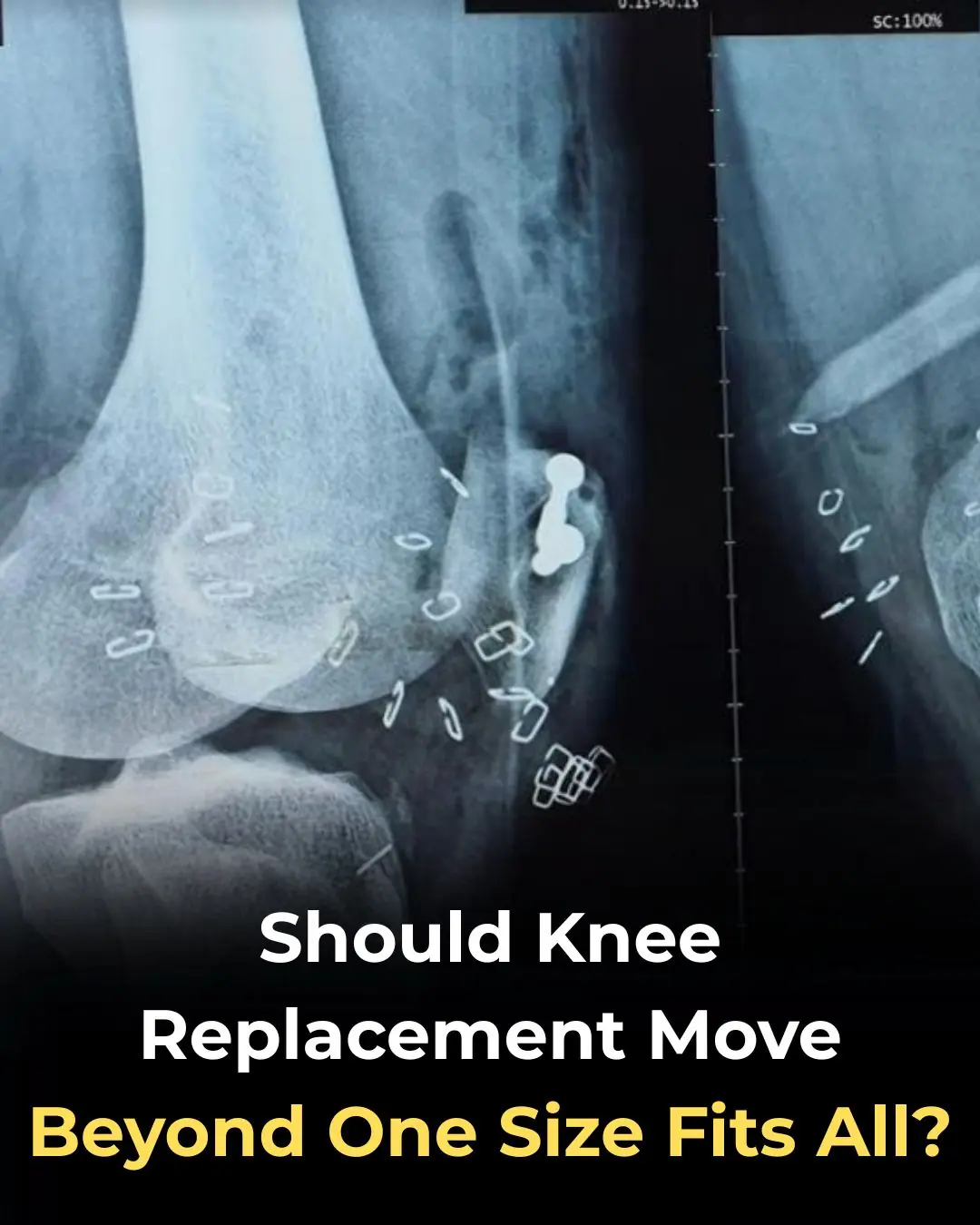
Chewing Gum Releases Microplastics Into Saliva – Even Natural Gums Are Not Safe, Study Finds
Chewing Gum Releases Microplastics Into Saliva – Even Natural Gums Are Not Safe, Study Finds
In a surprising new discovery, researchers have found that chewing gum may be a hidden source of microplastic exposure. A pilot study presented at the American Chemical Society’s Spring 2025 meeting reveals that both synthetic and so-called "natural" chewing gums can release hundreds to thousands of microplastic particles into human saliva during regular chewing.
This breakthrough study was led by scientists from the University of California, Los Angeles (UCLA), who found that the simple act of chewing a single piece of gum can release up to 3,000 microplastic particles into the mouth—depending on the gum's composition, brand, and size. This adds chewing gum to the growing list of everyday consumer products that may contribute to microplastic ingestion.
What Are Microplastics and Why Do They Matter?
Microplastics are tiny plastic particles less than 5 millimeters in size. They come from various sources, including the breakdown of larger plastic items and the shedding of synthetic materials. In recent years, microplastics have been detected in oceans, drinking water, food, and even human blood and organs.
While the long-term health effects of microplastics are still being researched, scientists are increasingly concerned about their potential to cause inflammation, disrupt hormones, and damage organs. Because these particles do not biodegrade, they can accumulate in the body over time.
Chewing Gum: A Surprising Microplastic Source
According to the UCLA study, microplastics are not only found in plastic bottles or synthetic clothing—they are also hiding in products many people consume daily, including chewing gum. The research, led by Professor Sanjay Mohanty, revealed that chewing gum made with synthetic polymers such as polyethylene and polystyrene sheds particles due to the mechanical force of chewing. Enzymes in saliva do not break down these plastics. Instead, chewing action physically loosens the particles from the gum base.
Even more surprising was the finding that natural gums performed no better. Though often marketed as cleaner or safer alternatives, natural gums were also shown to release microplastic-like particles during chewing. This suggests that the definition of “natural” in gum products may be misleading or that even natural substances may be treated with or exposed to plastic materials during manufacturing.
What Can Consumers Do to Reduce Exposure?
While researchers emphasize that more studies are needed to fully understand the health impacts of ingesting microplastics, they recommend minimizing unnecessary exposure whenever possible. For gum lovers, this doesn’t necessarily mean giving up chewing gum altogether. Instead, consider these practical tips:
-
Chew less frequently: Reduce how often you chew gum throughout the day.
-
Chew longer per piece: Instead of switching to a fresh piece every hour, try chewing each piece for longer durations.
-
Look for alternative products: Research brands that use truly biodegradable or plastic-free gum bases (though be aware that labeling can be misleading).
-
Support transparent brands: Choose companies that disclose full ingredient lists and manufacturing processes.
A Wake-Up Call for the Gum Industry?
This study is not just a wake-up call for consumers, but also for manufacturers and regulatory bodies. With growing awareness of plastic pollution and its presence in the human body, this research puts pressure on the chewing gum industry to innovate and move toward safer, non-plastic alternatives.
Professor Mohanty and his team are continuing to study the long-term implications of microplastic exposure from various consumer products. Until then, being informed and making conscious choices is the best step individuals can take to protect their health.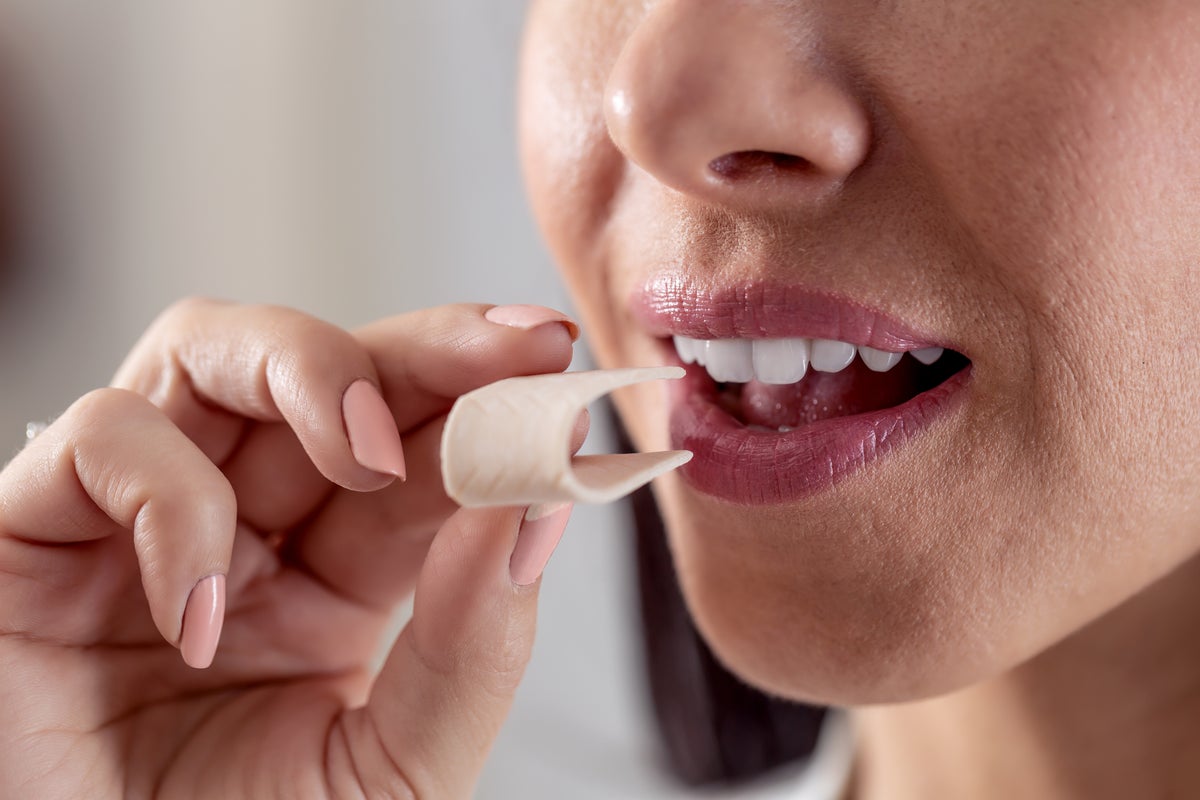
Final Thoughts
Microplastics are now a recognized threat to human health and the environment, and their presence in something as seemingly innocent as chewing gum underscores how widespread the issue has become. Whether you’re an occasional gum chewer or a daily user, this study offers an important reminder: it’s time to rethink the products we put in our mouths and demand better transparency from manufacturers.
News in the same category

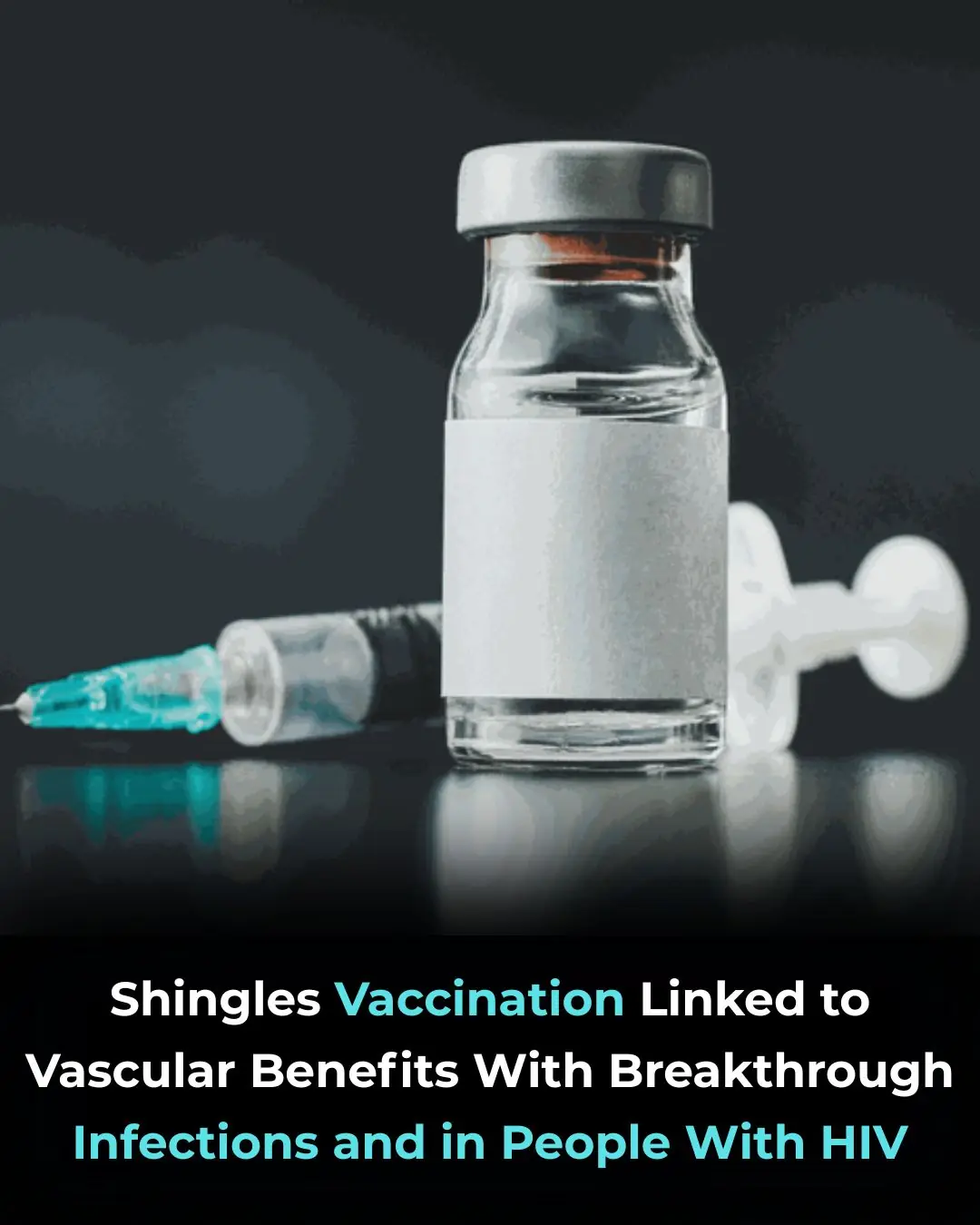
Shingles Vaccination Associated With Reduced Cardiovascular and Dementia Risk Despite Breakthrough Infections
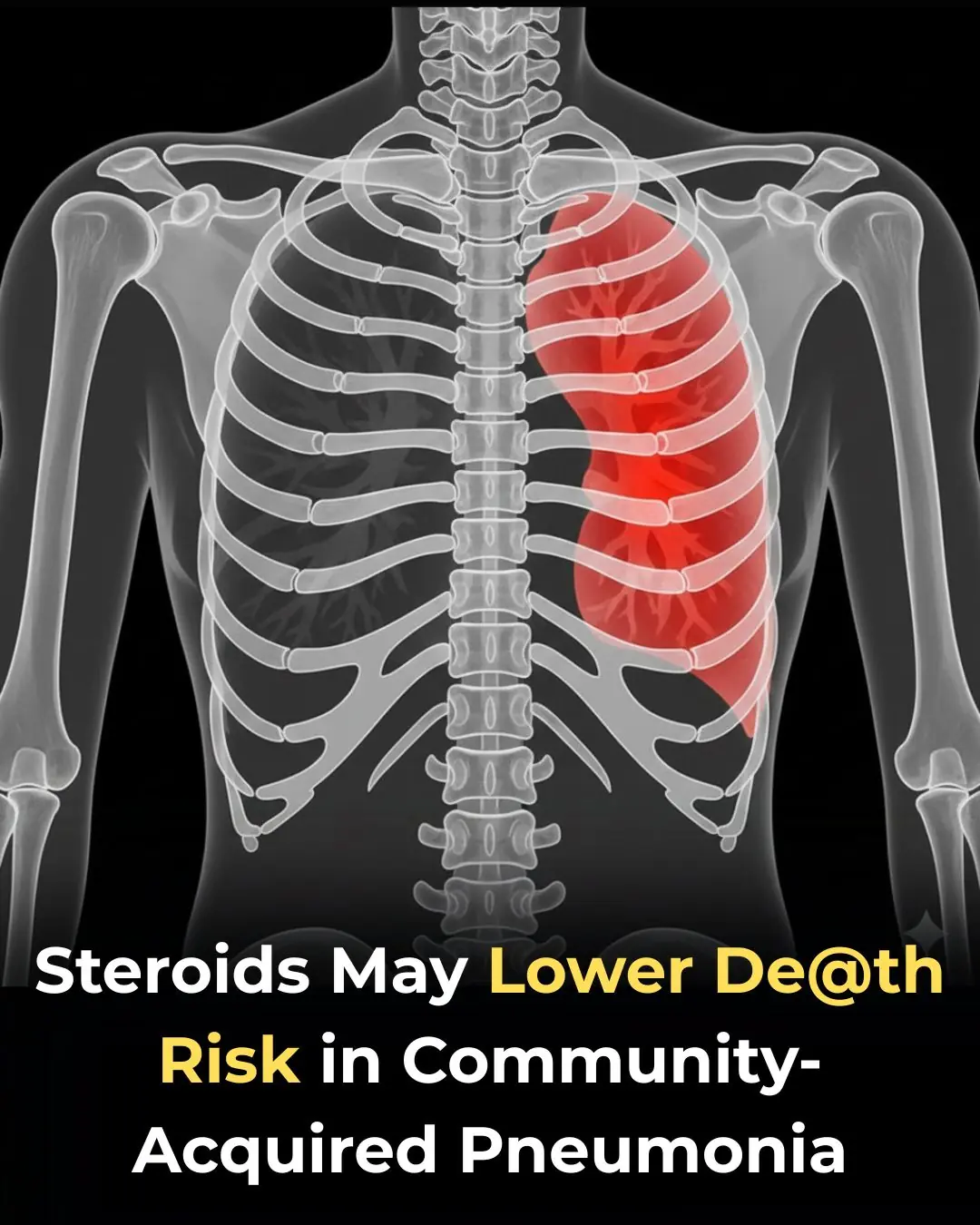
Early Use of Glucocorticoids Reduces Mortality in Community-Acquired Pneumonia in Low-Resource Settings

8 Early Signs of Diabetes That Many People Overlook

Bad Habits After Washing Clothes That Can Make the Whole Family Sick! Many People Overlook This Detail

How do people who take naps and those who don't? Experts reveal surprising truth

Of particular note, these four unusual pains occurring every morning may be a warning sign of a tumor in the body

Scientifically Proven Health Benefits of Papaya (Fruit) + Uses for the Seeds

10 Habits That Harm Your Heart That You Probably Didn’t Know About

How to Get Rid of Muscle Soreness: Home Remedies That Really Work
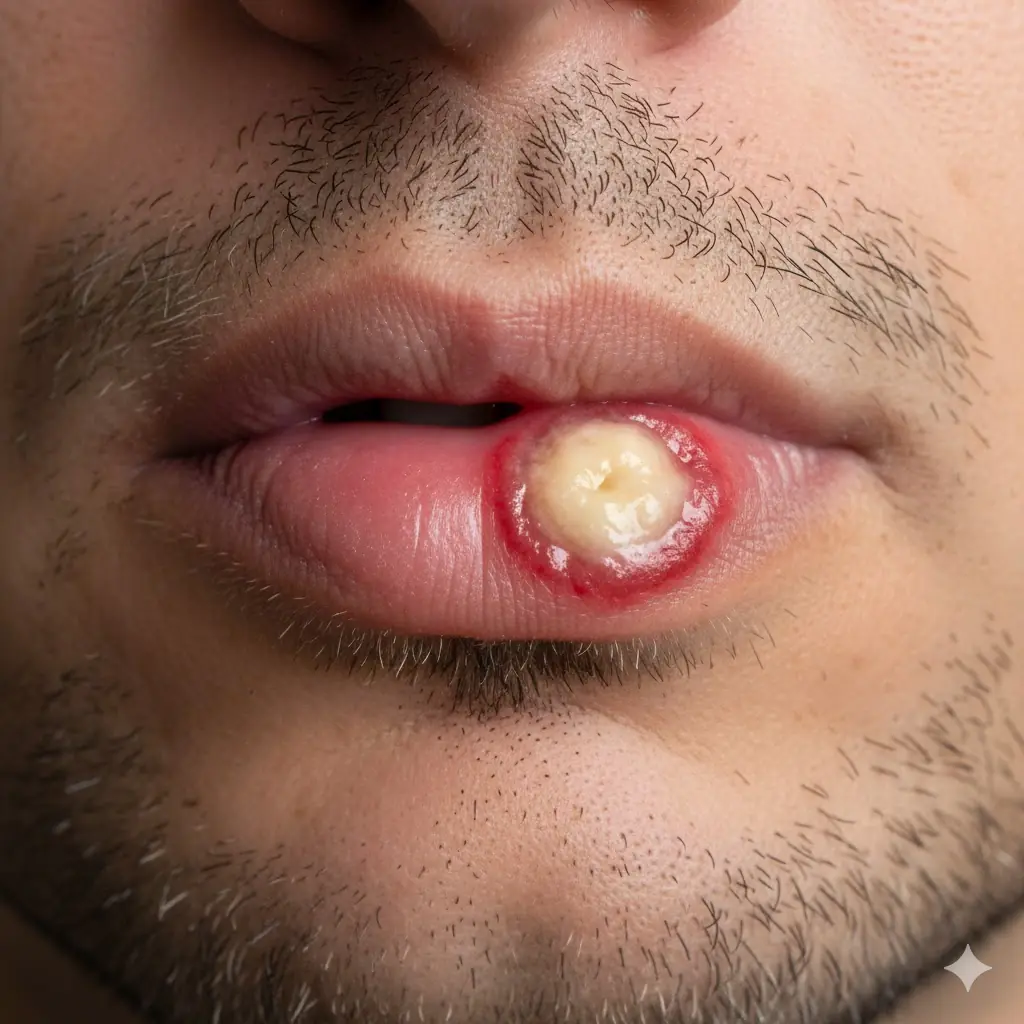
Crusty sore on my lip won’t go away. Appointment is impossible to get right now. What is this?

Coffee Consumption, Additives, and Mortality Risk: Evidence from a Large U.S. Cohort Study

Kimchi Consumption and Immune Balance: Evidence from a Controlled Human Trial
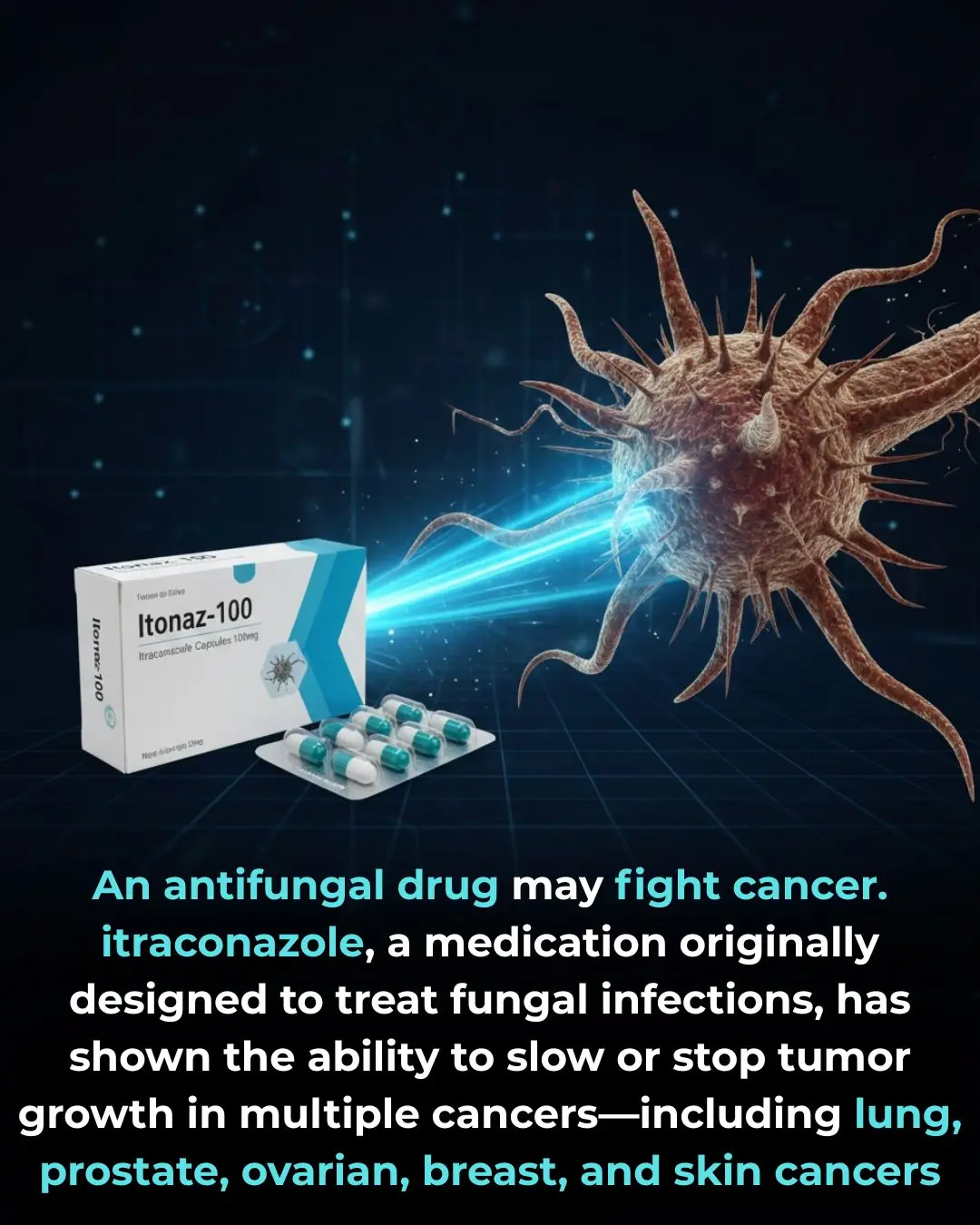
Repurposing Itraconazole as an Anticancer Agent: Mechanisms and Clinical Potential

Maternal Vitamin D Status during Pregnancy and Neurocognitive Development in Early Childhood

Overnight Olfactory Enrichment as a Novel Strategy to Enhance Memory in Older Adults
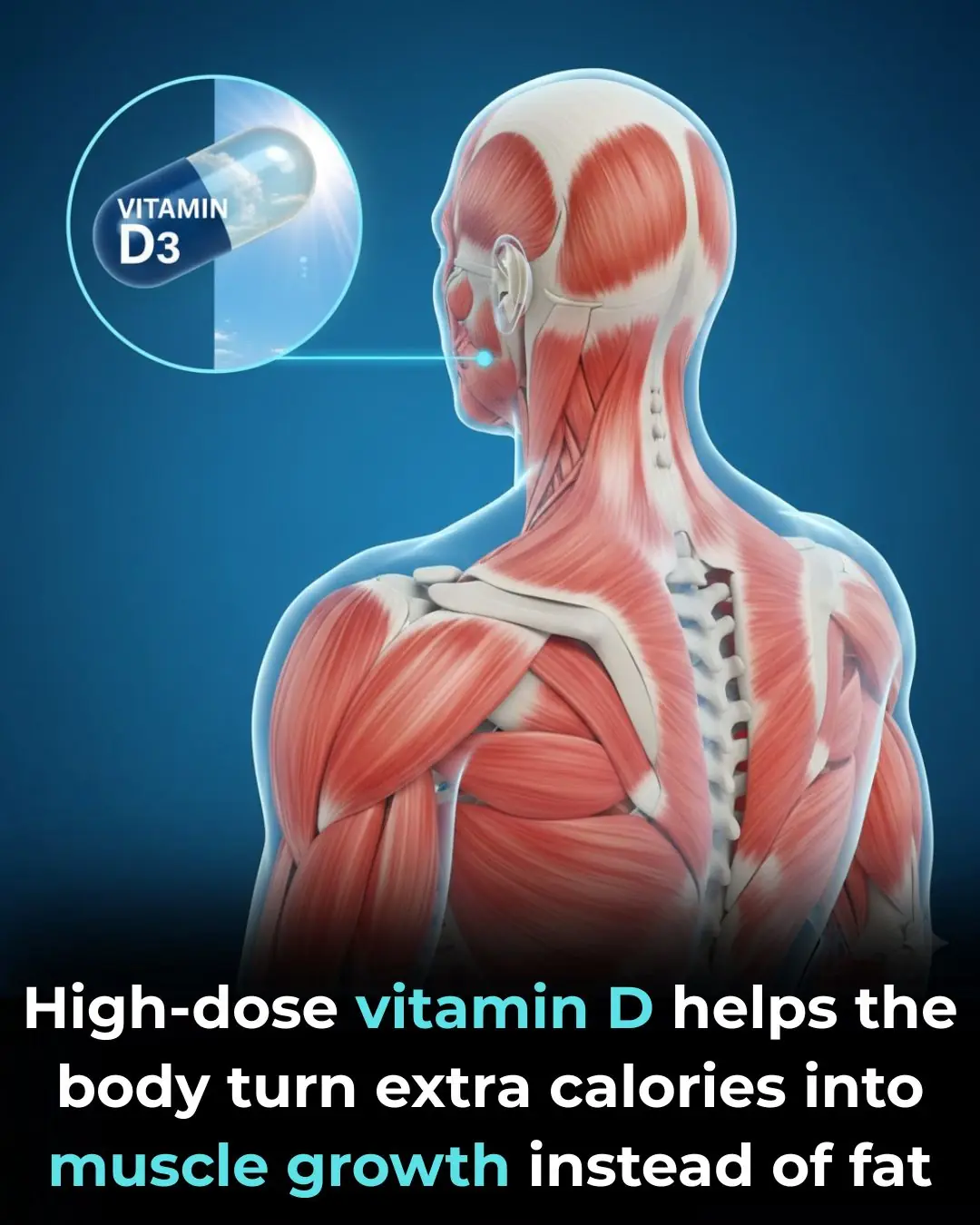
Vitamin D as a Regulator of Energy Partitioning: Insights from Preclinical Research

A 30-year-old man suffered a stroke while showering: Here are 5 things to remember when showering in cold weather to avoid accidents

Itchy Breasts? Here Are 6 Health Issues That Could Be Behind It

Colonoscopy: The key question you should ask your doctor before the procedure
News Post

Should Knee Replacement Move Beyond One-Size-Fits-All Alignment?

Shingles Vaccination Associated With Reduced Cardiovascular and Dementia Risk Despite Breakthrough Infections

Early Use of Glucocorticoids Reduces Mortality in Community-Acquired Pneumonia in Low-Resource Settings

At thirty-seven, I walked into the Grand Westbrook Hotel in downtown Chicago wearing a simple black dress and a wool coat I’d owned for years.

I worked abroad for 5 years to buy a house for my mother – When I returned, meeting my mother was not like I imagined.

THE MORNING AFTER THE WEDDING, MY HUSBAND AND I WERE ALREADY PACKING FOR HONEYMOON WHEN I GOT A CALL FROM THE REGISTRY OFFICE: ‘SORRY, WE CHECKED YOUR DOCUMENTS AGAIN… YOU NEED TO COME IN & SEE THIS IN PERSON. COME ALONE — AND DON’T TELL YOUR HUSB

I quit my career because my husband said, “A real wife stays home.” I did—ten years of silence and sacrifice. Then he filed for divorce. His lawyer smirked, “She has no skills.

“Just the thought of sleeping with that fat pig makes me sick.” I heard my son-in-law say this about my daughter the night before their wedding. He and his friends laughed like it was nothing… But in the end, I was the one who had the last laugh.

I Was Seven Months Pregnant, Carrying Groceries Up Three Flights Of Stairs While My Husband Sat On The Couch Playing Video Games.

Boiling chicken without tap water

8 Early Signs of Diabetes That Many People Overlook

Bad Habits After Washing Clothes That Can Make the Whole Family Sick! Many People Overlook This Detail

Soaking bananas in vinegar: 4 amazing uses recognized by experts, everyone loves it

How do people who take naps and those who don't? Experts reveal surprising truth

Ants, cockroaches, mosquitoes… will gradually leave their homes thanks to these tips

Ripe bananas spoil quickly after being bought; preserve them this way so they stay bright yellow, fragrant, and firm for a whole week

Of particular note, these four unusual pains occurring every morning may be a warning sign of a tumor in the body

Don't do these 5 things in the morning if you don't want your cancer cells to grow rapidly.
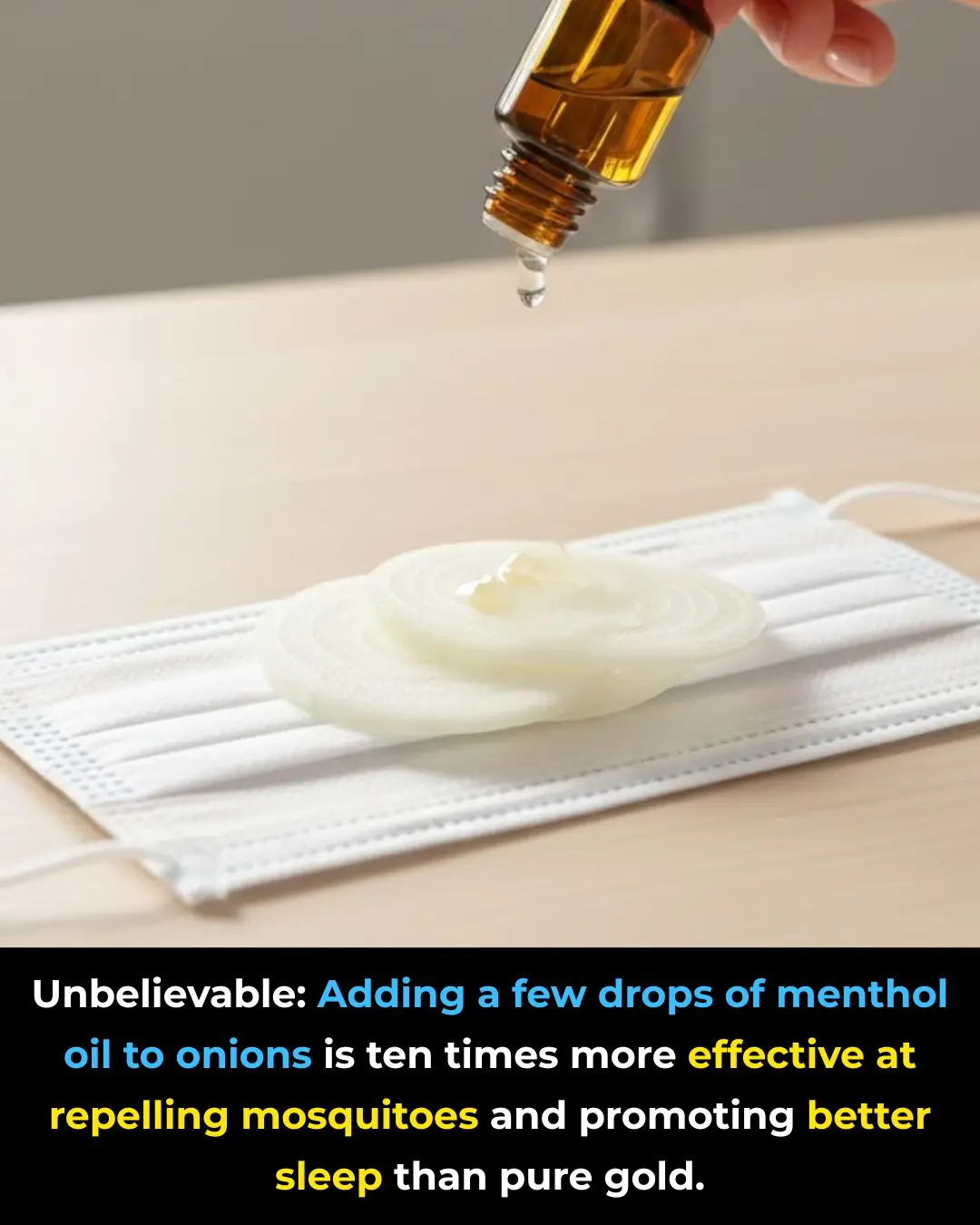
Unbelievable: Adding a few drops of menthol oil to onions is ten times more effective at repelling mosquitoes and promoting better sleep than pure gold.
